中新网评:“印太经济框架”前景黯淡 美国图谋必然失败
中新网北京5月26日电(蒋鲤)近日,美国总统拜登的首个亚太行落幕,他宣布启动的“印太经济框架”作为“印太战略”经济领域的延伸,处处透露出拉拢多个国家形成对中国“合围”,并将中国排除出地区贸易体系的图谋。
在区域经济影响力上对抗中国,美国官员并不讳言。不久前,美国贸易代表戴琪受访时就表示,“印太经济框架”旨在“有效反制中国不断增长的影响力”。
从奥巴马政府时期的“亚太再平衡”战略,到特朗普政府时期的“印太战略”,再到拜登政府时期的改良版“印太战略”,美国重返亚太的步伐从未停歇。此番启动的“印太经济框架”,就是美国打着“贸易”的幌子吸引亚太国家的手段,本质上来说,它依然服务于美国的地缘政治利益。
尽管拜登政府宣称“印太经济框架”不是一个自由贸易协议,而是一种比传统自由贸易协议更为宽松和量身定制的安排,但缺乏明确的贸易条款令其前景黯淡。
美国政府的愿景雄心勃勃,但分析人士认为,如果不提供更多的市场准入,美国就没有利益诱饵来鼓励他国加入。一方面利用政治霸权胁迫别国选边站队,另一方面又妄图用空头支票吸引尽可能多的国家加入对抗中国的阵营。
美国表面是为加强区域合作、促进地区开放繁荣,实则是搞小圈子、制造地缘对抗,将中国排除在亚太地区的产业链和价值链之外。这样人为制造经济脱钩,势必会破坏亚太地区原本稳定的供应链网络,危害该地区经济和相关国家利益,注定了其图谋必然失败的结局。
中方正在高质量实施《区域全面经济伙伴关系协定》(RCEP),与东盟成员积极打造中国-东盟自贸区3.0版,持续推进加入《全面与进步跨太平洋伙伴关系协定》(CPTPP)和《数字经济伙伴关系协定》(DEPA),为全球和区域经济稳定增长持续提供推动力。
可以预期,中国自贸区布局未来将不断优化,对外开放大门将越开越大。中国与自贸区伙伴间实现了贸易投资的自由化和便利化,有利于加强全球价值链协作,助力自贸伙伴获得更稳定、更强劲的经济增长。
和睦相处、合作共赢才是亚太地区的主流声音。亚太应该成为和平发展的高地,而不是地缘政治的决斗场。正如中国国务委员兼外长王毅说的那样,中方没有地缘政治的私心,只有团结合作的诚意。中方无意与任何国家打什么擂台,只是希望与地区各国共同发展。试图拿一个什么框架来孤立中国,最终孤立的将是他们自己。(完)

U.S.-dominated IPEF lacks promise
By John Lee
(ECNS) -- The U.S. government on Sunday announced the launch of the Indo-Pacific Economic Framework (IPEF) in Tokyo, which is in fact an extension of the country’s “Indo-Pacific Strategy”, revealing its ulterior motives, that is, to set up a wider alliance to contain China.
Some U.S. politicians openly talked about suppressing China with regional economic influence. Not long ago, U.S. Trade Representative Katherine Tai said in an interview that the IPEF serves to “counter Chinese outreach in the region.”
This is proven by former U.S. President Obama’s strategy of advancing a rebalance toward Asia and the Pacific, Donald Trump’s “Indo-Pacific Strategy” and the improved “Indo-Pacific Strategy” by the current Biden administration.
And the IPEF attracting more partners in the Asia-pacific region on the pretext of “trade” in essence still serves the geopolitical interests of the U.S.
Although the Biden administration declared that the framework was not a free trade agreement (FTA), but a more relaxed and tailored arrangement, the lack of clear trade terms makes its prospects uncertain.
Analysts believe it is not easy for the IPEF to attract more participants because it doesn’t offer incentives to prospective partners by lowering tariffs or provide signatories with greater access to U.S. markets. On one hand, the U.S. forces its allies to join its side by coercion, while on the other hand, the country dreams to absorb more partners with rubber cheque to suppress China.
It preaches the goal of strengthening regional cooperation and promoting the opening and prosperity of the Asia-Pacific region, but the real motives behind this strategy it to build up a small bloc to incite geopolitical confrontation to exclude China from the industrial and value chains of the region and eventually isolate it.
The U.S. artificially decouples economic ties, which is bound to disrupt the originally stable supply chain network in the Asia-Pacific region, endanger the regional economy, along with the interests of relevant countries, thus leading to the failure of its scheme.
China is implementing the Regional Comprehensive Economic Partnership Agreement (RCEP) with high quality, actively building version 3.0 of the China-ASEAN Free Trade Area with ASEAN members, and continuously promoting its accession to the Comprehensive and Progressive Agreement for Trans-Pacific Partnership (CPTPP) and the Digital Economic Partnership Agreement (DEPA), thus providing a continuous impetus for the steady growth of global and regional economies.
China's free trade zone layout is expected to be further optimized in the future, with the country aiming to open its doors wider. The liberalization and facilitation of trade and investment between China and its free trade partners is conducive to strengthening global value chain cooperation and helping its partners achieve more stable and stronger economic growth.
Harmony and win-win cooperation are the mainstream in the Asia-Pacific region. As Chinese Foreign Minister Wang Yi said, China has no intention to engage in geopolitics, but only promote solidarity and cooperation sincerely. China has no intention to challenge any country, but only expect common development with regional countries. The one trying to use a framework to isolate China will eventually isolate itself.


国际新闻精选:
- 2024年04月18日 14:28:48
- 2024年04月18日 14:27:48
- 2024年04月18日 14:19:39
- 2024年04月18日 12:21:50
- 2024年04月18日 11:30:38
- 2024年04月18日 10:12:28
- 2024年04月18日 09:08:36
- 2024年04月18日 08:10:44
- 2024年04月17日 20:27:54
- 2024年04月17日 16:36:39









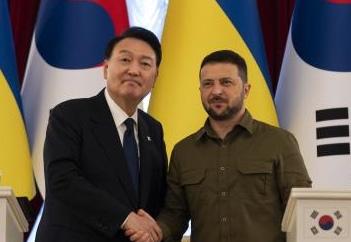










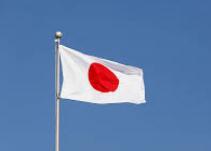

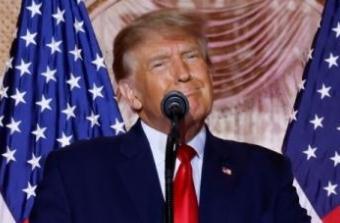
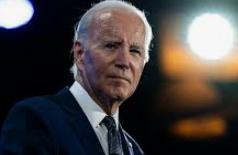




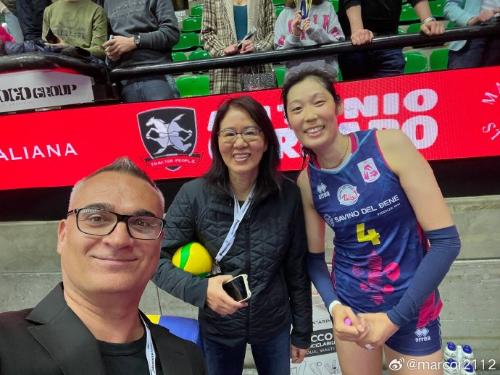
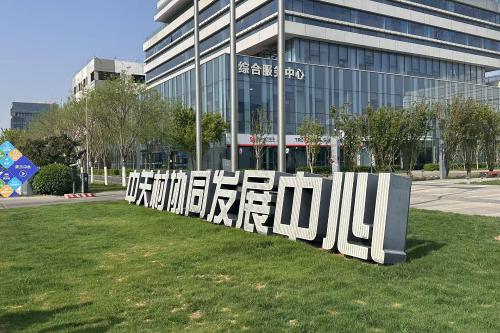




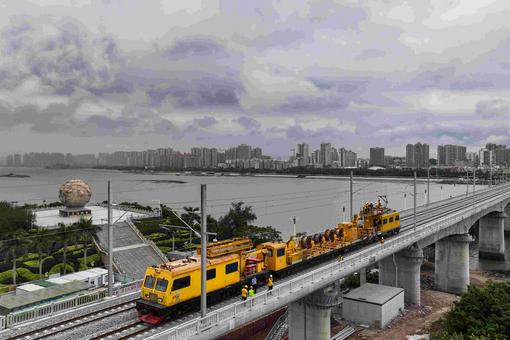
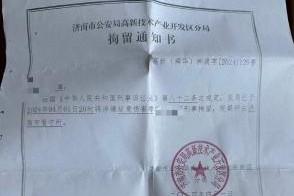

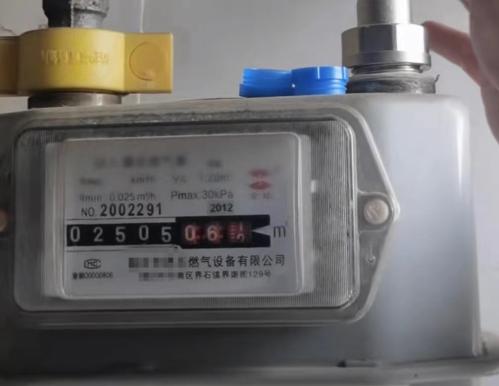



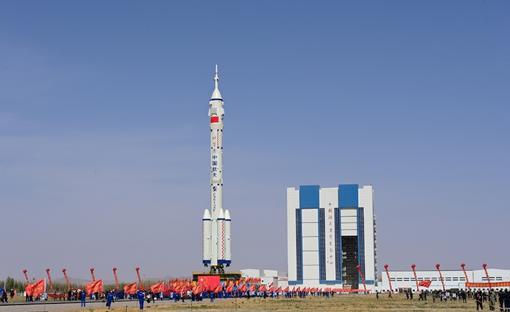

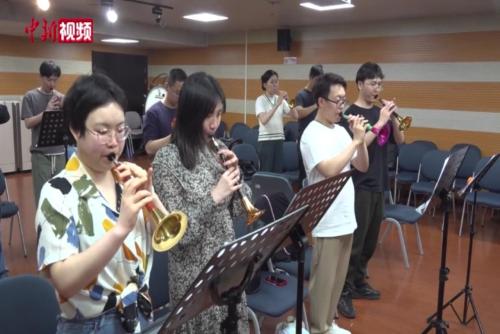

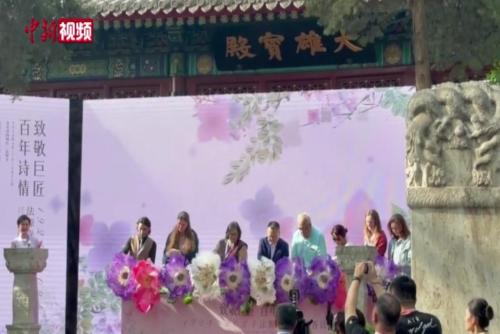





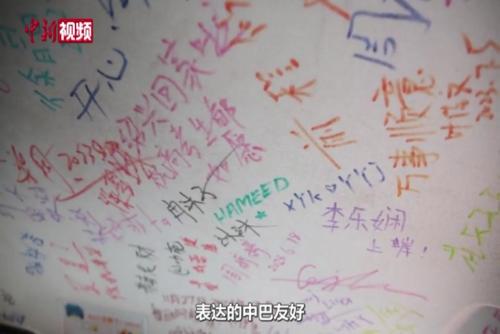
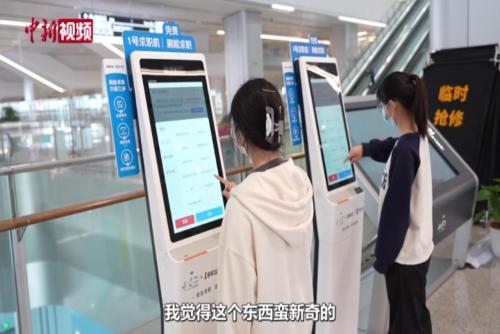






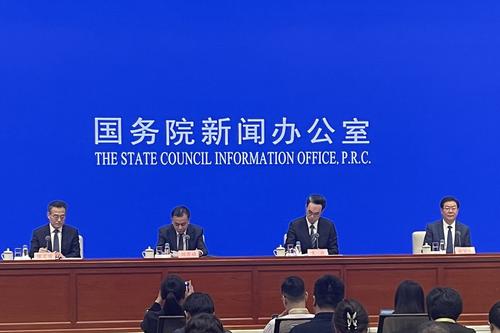
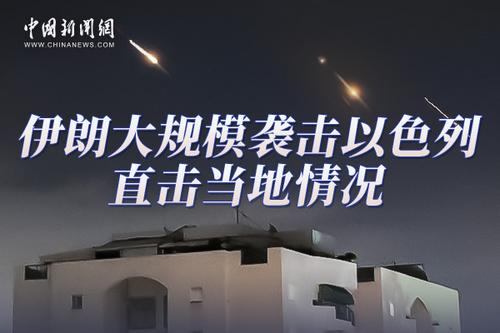



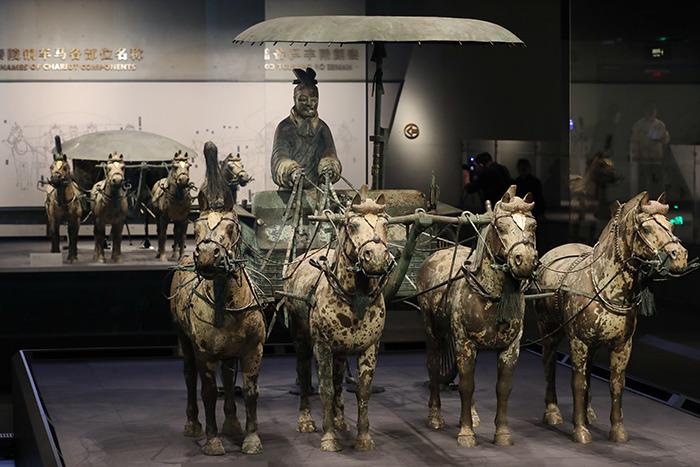





 京公网安备 11010202009201号
京公网安备 11010202009201号